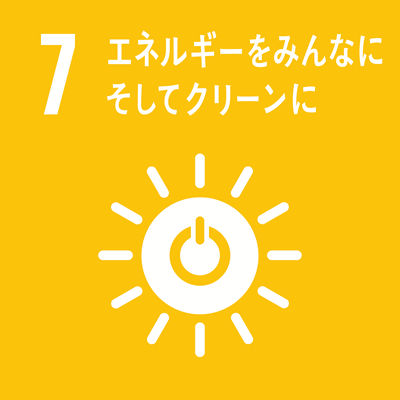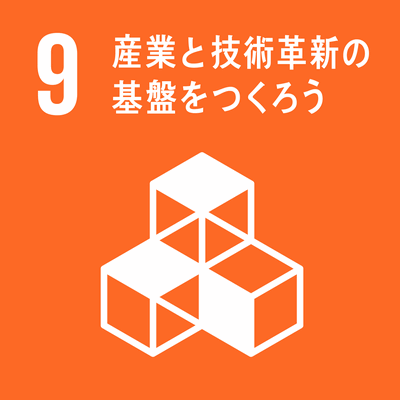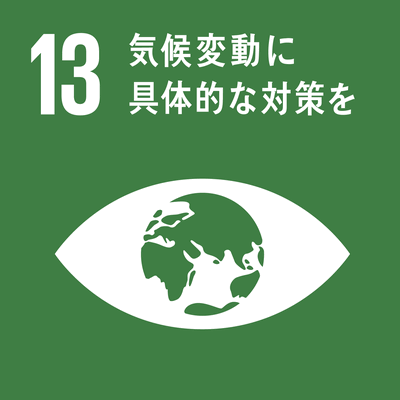シラバス表示
シラバスの詳細な内容を表示します。
→ 閉じる(シラバスの一覧にもどる)
科目の基本情報
| 開講年度 | 2021 年度 | |
|---|---|---|
| 開講区分 | 工学研究科(博士後期課程)システム工学専攻 | |
| 受講対象学生 |
大学院(博士課程・博士後期課程) : 1年次, 2年次, 3年次 |
|
| 選択・必修 | 選択 |
|
| 授業科目名 | エネルギーシステム演習 | |
| えねるぎーしすてむえんしゅう | ||
| Seminar in Energy Systems | ||
| 単位数 | 2 単位 | |
| ナンバリングコード | EN-ENGY-7
|
|
| 開放科目 | 非開放科目 | |
| 開講学期 |
通年 |
|
| 開講時間 |
火曜日 3, 4時限; 水曜日 3, 4時限 First semester: 3, 4 periods on Tuesday. Second semester: 3, 4 periods on Wednesday. The opening hours can be changed according to the student's convenience. |
|
| 授業形態 |
対面授業 * 状況により変更される可能性があるので定期的に確認して下さい
「オンライン授業」・・・オンライン会議ツール等を利用して実施する同時双方向型の授業 |
|
| 開講場所 | Graduate School of Engineering | |
| 担当教員 | 丸山 直樹(工学研究科システム工学専攻) | |
| MARUYAMA Naoki (Division of Mechanical Engineering) | ||
| SDGsの目標 |
|
|
| 連絡事項 | 原則,対面授業で行うが,とくに社会人・留学生については,移動の状況に応じて相談の上で適宜対応する. * 状況により変更される可能性があるので定期的に確認して下さい |
|
学修の目的と方法
| 授業の概要 | The development of energy systems is largely related to their efficiency and function improvement. However, their impact on the global environment is also interested in. In this seminar, we focus on the technology development about the latest energy systems, and investigate and discuss the basic theory and principles as well as the technologies. |
|---|---|
| 学修の目的 | Students will be able to understand the progress of energy systems and the latest technologies in this field, and acquire the creativity. |
| 学修の到達目標 | Students will be broadly interested in the latest technologies in energy systems and will be able to explore and understand the underlying theory as engineers. |
| ディプロマ・ポリシー |
|
| 成績評価方法と基準 | One subject consists of creating a report and its presentation. 15 subjects are conducted during the course for 1 year. The credits will be recognized for 9 or more subjects, and 15 subjects satisfy grade 10. |
| 授業の方法 | 演習 |
| 授業の特徴 |
その他、能動的要素を加えた授業(ミニッツペーパー、シャトルカードなど) |
| 授業改善の工夫 | The latest technologies are actively introduced into the seminar. In addition, we discuss not only the outline of the technology but also the theory and principles behind it. |
| 教科書 | There is no special recommendation. Students collect information from Journal papers, books and mass media. As for basic theory and principles, books related to the subject are widely introduced. |
| 参考書 | |
| オフィスアワー | Questions and suggestions are accepted in the lecture room and the Maruyama’s office (Room No. 2311), 3rd floor of Mechanical Engineering Building. Questions by e-mail are accepted anytime. |
| 受講要件 | Nothing in particular. |
| 予め履修が望ましい科目 | Nothing in particular. However, students who are interested in thermal engineering, energy conversion, energy systems and environmental technologies are expected. |
| 発展科目 | This seminar useful for research on energy systems, use of natural resources and environmental conservation. |
| その他 |
授業計画
| MoodleのコースURL |
|---|
| キーワード | エネルギーシステム,熱サイクル,再生可能エネルギー,資源保全,環境影響評価,地球環境 |
|---|---|
| Key Word(s) | Thermal energy system, Heat cycle, Renewable energy, Resource conservation, Environmental impact assessment, Global environment |
| 学修内容 | The detailed contents and schedule of this seminar are shown at the beginning of the lecture. Students investigate the latest technologies related to energy conversion, energy systems, renewable energy and environmental technologies. One subject consists of prepare the report, presentation material, review for presentation and prepare the revised presentation material with scenario. One subject has two periods. The first period: prepare the report, presentation material. Presentation and discussion among students and advisor. The second period: Review of report and presentation based on the discussion of the first presentation. Complete the presentation material. 15 subjects are given for one student in this seminar. The students who are not in charge of the presentation must exchange opinions each other. |
| 事前・事後学修の内容 | Student need to prepare the report, presentation material and the summary of discussion. |
| 事前学修の時間:45分/回 事後学修の時間:15分/回 |


